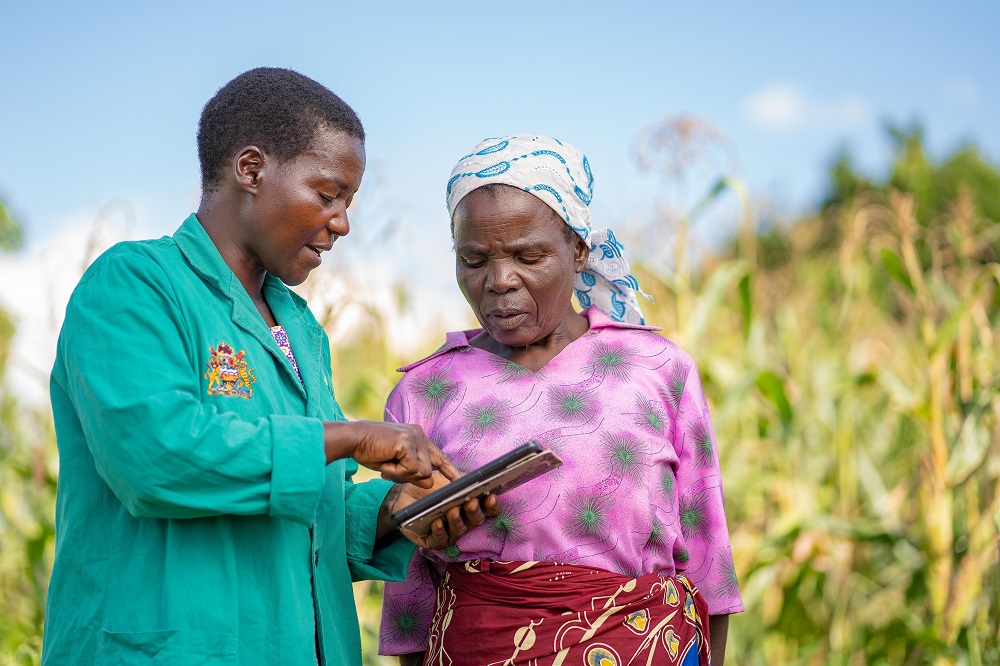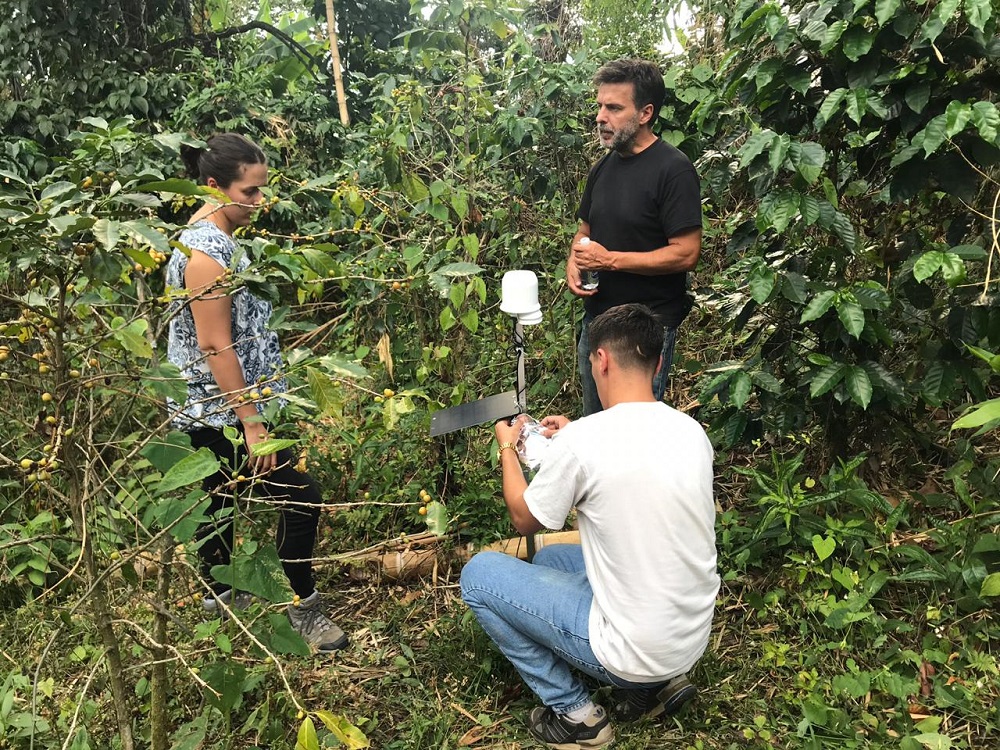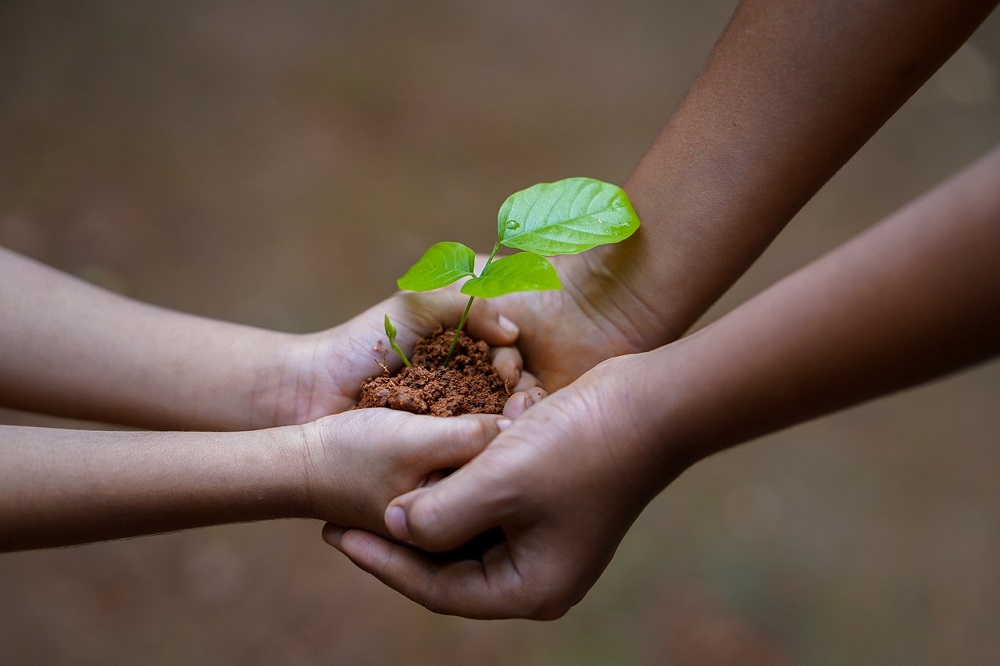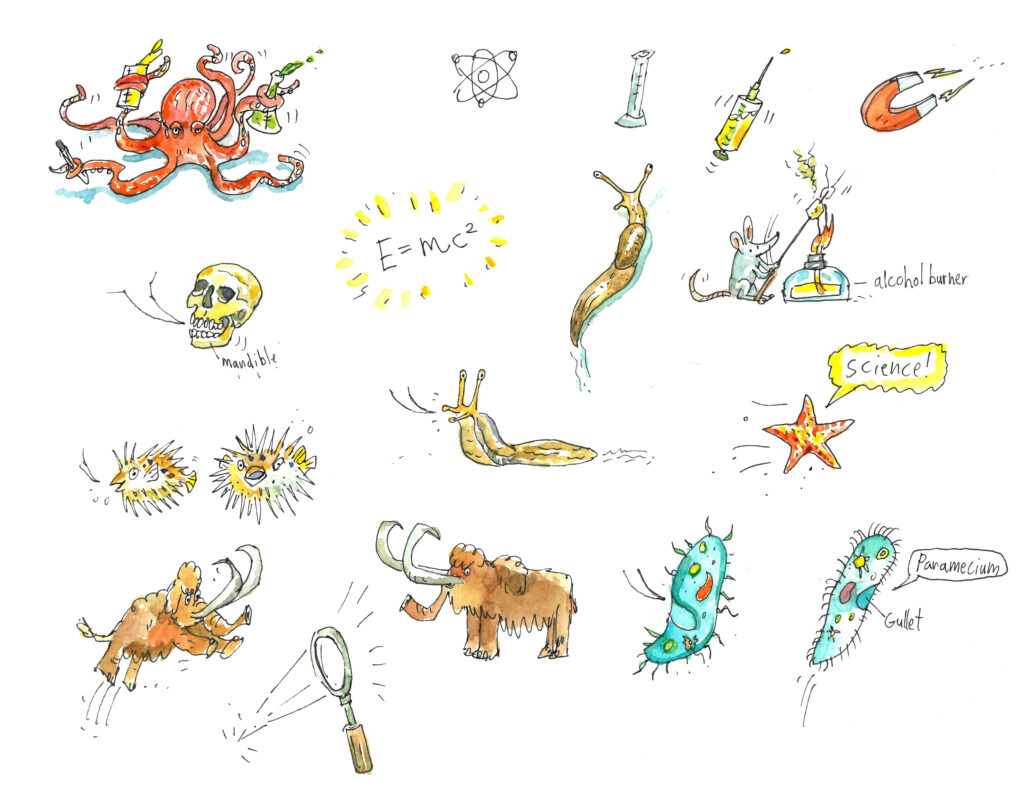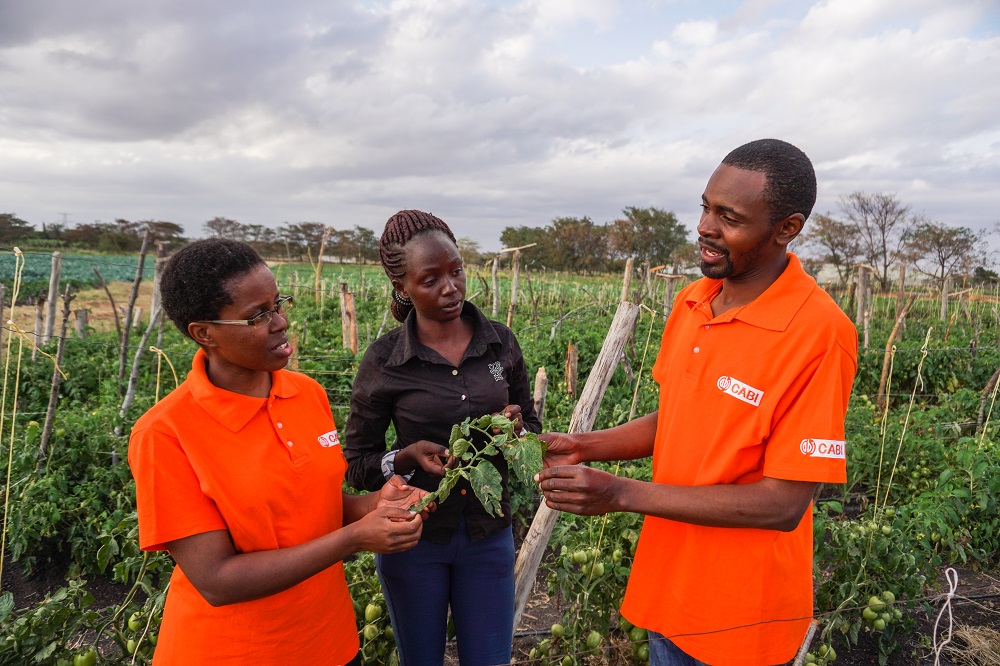CABI Blog
You are here: CABI Blog
Digital extension and advisory services for farmers amid COVID-19 come under the microscope
November 12, 2021
Wayne Coles
1 comment
The challenges of using digital tools as part of extension and advisory services to help empower small and family farmers amid the COVID-19 pandemic have come under the microscope in a joint webinar hosted by the Food and Agriculture Organization of the United Nations (FAO) and Agrilink.
Invasive Species Management – a nature-based solution for climate and environment
November 11, 2021
Jonathan Casey
No Comments
The UK is hosting the 26th UN Climate Change Conference of the Parties (COP26) in Glasgow from 31 October to 12 November 2021. This is the final article in a series of four blogs by Jonathan Casey, Climate Change Manager at CABI, in support of CABI’s involvement at the event.
Life in Earth – Soil microbes are key to achieving net zero
November 10, 2021
Wayne Coles
No Comments
CABI contributes to COP26-focused article by members of UK microbiome innovation community, on critical role of soil microbiome in achieving net zero. Today, CABI, and other members of the UK’s microbiome innovation community announced the publication of a COP26-focused statement on the critical role of the soil microbiome in climate change and how it could contribute…
Writing a good title is the best way to improve your paper
November 9, 2021
Bruce Kirchoff
No Comments
The titles of scientific papers are often ineffective. Such titles introduce the subject of the paper but fail to tell the reader the main finding. They only draw the interest of those who already work in the same area, and do not engage wider interest. Fortunately, it is easy to correct these problems, engage your…
Climate-smart pest management for nature-positive agriculture
November 8, 2021
Jonathan Casey
No Comments
The UK is hosting the 26th UN Climate Change Conference of the Parties (COP26) in Glasgow from 31 October to 12 November 2021. This is the third in a series of four blogs by Jonathan Casey, Climate Change Manager at CABI, in support of CABI’s involvement at the event.
Pest risk early warning systems in a changing climate
November 3, 2021
Jonathan Casey
1 comment
The UK is hosting the 26th UN Climate Change Conference of the Parties (COP26) in Glasgow from 31 October to 12 November 2021. This is the second in a series of four blogs by Jonathan Casey, Climate Change Manager at CABI, in support of CABI’s involvement at the event.
Invasive species management – a policy tool for integrated climate adaptation
November 1, 2021
Jonathan Casey
No Comments
The UK is hosting the 26th UN Climate Change Conference of the Parties (COP26) in Glasgow from 31 October to 12 November 2021. This is the first in a series of four blogs by Jonathan Casey, Climate Change Manager at CABI, in support of CABI’s involvement at the event.
CABI UK and Nagoya Protocol triggered benefit sharing highlighted
October 26, 2021
Wayne Coles
No Comments
Following the tenth anniversary of the adoption of the Nagoya Protocol on Access and Benefit Sharing (ABS), CABI has published a working paper highlighting its benefit sharing activities in respect of its research involving genetic resources at its UK Centre Egham and through activities of the CABI-IMI Culture Collection in Egham, UK.
Review highlights Uganda’s neglected crops and climate change challenges
October 25, 2021
Wayne Coles
No Comments
A new CABI-led review has been published which highlights the importance of restoring Uganda’s neglected crops to market as well as the need for increased crop diversification amid food security issues exacerbated by the risks of climate change.
Addressing plant pandemics to solve food security in Africa
October 20, 2021
Dennis Rangi
No Comments
On World Food Day held recently, CABI’s Dr Dennis Rangi, Director General, Development, asked how we can apply the determination and urgency shown to the COVID-19 pandemic to plant pandemics on the African continent in order to help food security.
Subscribe to blog
DISCLAIMER
Views expressed in contributions do not necessarily reflect official CABI positions.
Archives
Categories
- Agriculture and International Development
- Veterinary and Animal Sciences
- Climate change and biodiversity
- Publishing
- Value chains and trade
- Crop health
- Environmental Sciences
- Human Sciences
- Tourism, Hospitality and Leisure
- Food and nutrition security
- Plant Sciences
- Gender and youth
- Digital development
- Development communication and extension
- Economic development
- Invasive species
- CABI Bioservices
- One Health


